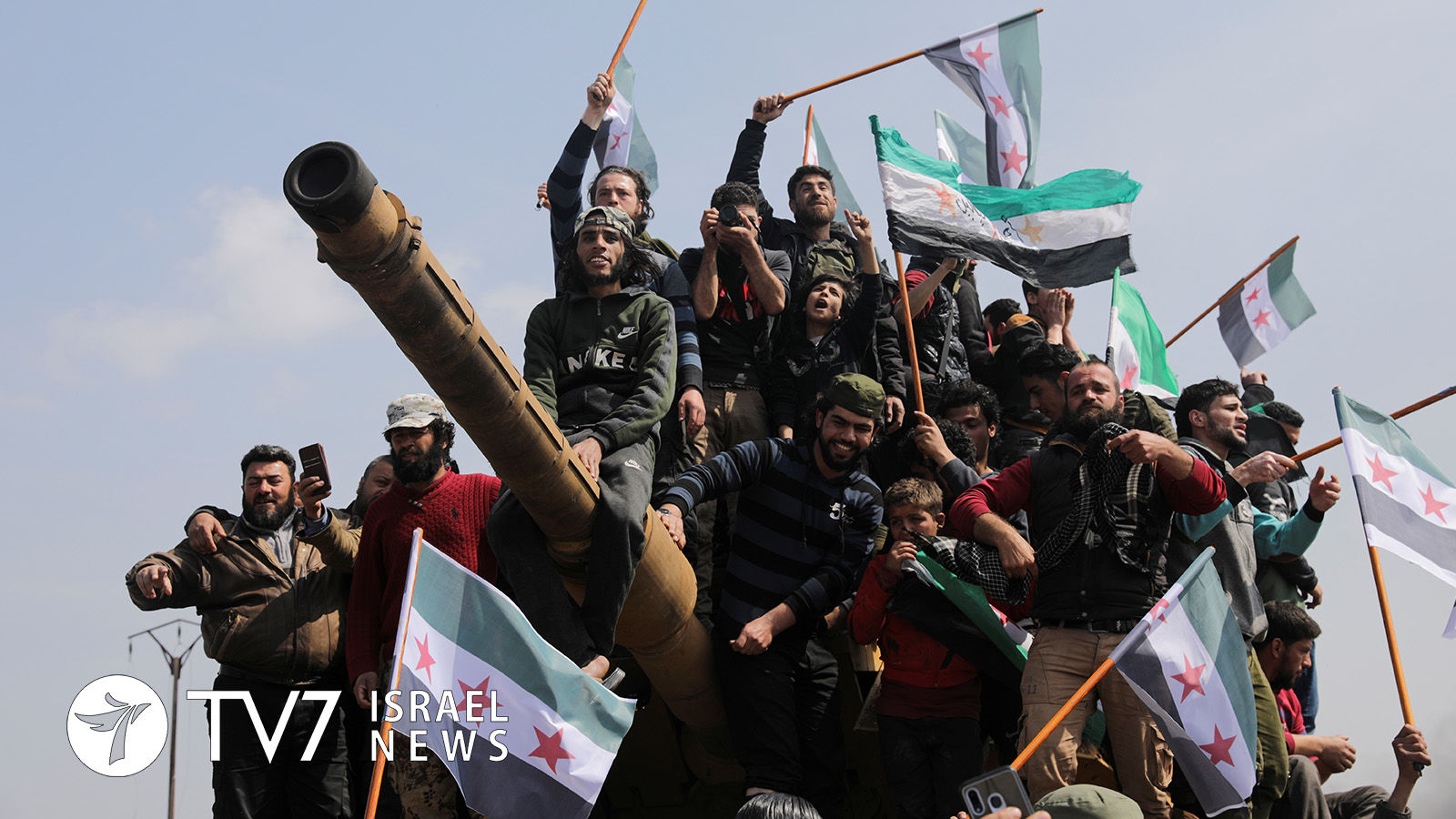Syria remains determined to reconquer the Golan Heights from Israel, as well as expelling United States and Turkish militaries from northern regions of its war-torn country.
By Jonathan Hessen and Erin Viner
This, according to the address by Syrian Foreign Minister Faisal Mekdad to the United Nations General Assembly earlier this week.
“Israel since 1967 continues to occupy a dear part of Syrian territories, which is the Golan, the Golan Heights. Therefore, the Syrian Arab Republic remains firmly committed to exercising its right to fully recover the occupied Syrian Golan up to the line of 4th of June 1967.”
Israel captured the Golan Heights in the 1967 Six Day War from Syria, which had used the strategic site to repeatedly attack the Jewish State after its establishment in 1948. Syria’s efforts to regain the Heights in the 1973 Yom Kippur War were a failure. The two countries signed an armistice in 1974 and the Golan had been relatively quiet since.
The administration of former US President Donald Trump in 2019 recognized Israel’s claim to sovereignty over its side of the Golan, which it had previously annexed in a move that was rejected by many in the international community.
Damascus’ top diplomat also used the opportunity on the world stage to condemn Washington and Ankara, whose armed forces he said “continue to occupy Syrian territories under false pretexts, and they’re looting the natural resources of the Syrian people should end immediately without any preconditions.”
“Just as we managed to wipe out terrorists from the majority of Syrian territories,” vowed Mekdad with regard to the civil war between regime forces and insurgents, he went on to stress that “we will work to end the [US, Turkish] occupation with the same resolve and determination, using all possible means under international law.”
“History shows that Syria always drives out occupiers sooner or later,” he proclaimed.
Syrian President Bashar al-Assad has been helped by his two strongest patrons Russia and Iran to regain control over much of the territory lost to rebel forces after the deadly conflict erupted on 15 March 2011. Moscow has deployed troops, aircraft and military equipment while Tehran has utilized dozens of its proxy militias from throughout the region to ensure survival of the Assad regime.
Major challenges remain, however, particularly in the northwestern Idlib Governorate where the Turkish military is stationed, as well as in the northeastern al-Hasakah Governorate where US forces are present.
Syrian leaders are currently seeking to secure additional support from the West’s most-powerful adversary – China.
“We have never been so close with China than this time,” declared Mekdad to the UNGA, underscoring that the Asian nation is “a real international power, both economic and military. Of course, nobody wishes to use the military aspect but the economic aspect is there.”
Pointing to Beijing’s longstanding support of Damascus at the UN Security Council, Minister Mekdad emphasized that, “More than 8 vetoes were casted by China in support of the Syrian people against terrorism and for ending the inhuman economic sanctions. But all of us are suffering, I mean, whether in Russia, Syria, Iran, China, among others, any attack against one of us is attack against all the others, including other independent sovereign nations.”
It is important to note that clashes in Idlib between the Islamist Hay’at Tahrir al-Sham (consisting of former Islamic State (ISIS) and al-Qaeda members) have intensified against Syrian regime forces (which are backed by Iranian-proxy militias with Russian aerial support).
Turkey, which regards itself as the protectorate of Idlib in light of potential implications that may arise of a full-scale Syrian offensive, has responded by deploying additional forces to the Syrian territory.
In tandem, Ankara is seeking to alleviate tensions on its southwestern front.
Russian President Vladimir Putin welcomed his Turkish counterpart at the Russian resort city of Sochi yesterday, where Recep Tayyip Erdoğan sought to secure assurances that the Kremlin will reinforce the two leaders’ March 2020 truce in Idlib.
While it is early to determine if Erdoğan’s quest will be successful, Moscow is keen on bolstering bilateral relations with Ankara amid strained Turkish-US relations.
“We should notice that Turkish-Russian political, economic, trading and military-defense relations are improving – and we can see it,” Erdoğan told Putin.
Focusing on how his nation’s construction of a gas pipeline has shielded Turkey from a current fuel shortage, Putin responded that, “TurkStream, gas pipeline heading to Turkey and South European countries, is completed and has been working in its full,” adding, “In this respect, I couldn’t fail to thank you once again for inalterably consistent position on the construction of this gas pipeline which meets the interests of both Turkish people and Russia. And now, when we see quite difficult, turbulent processes on the European gas market, Turkey is feeling absolutely confident and stable.”
